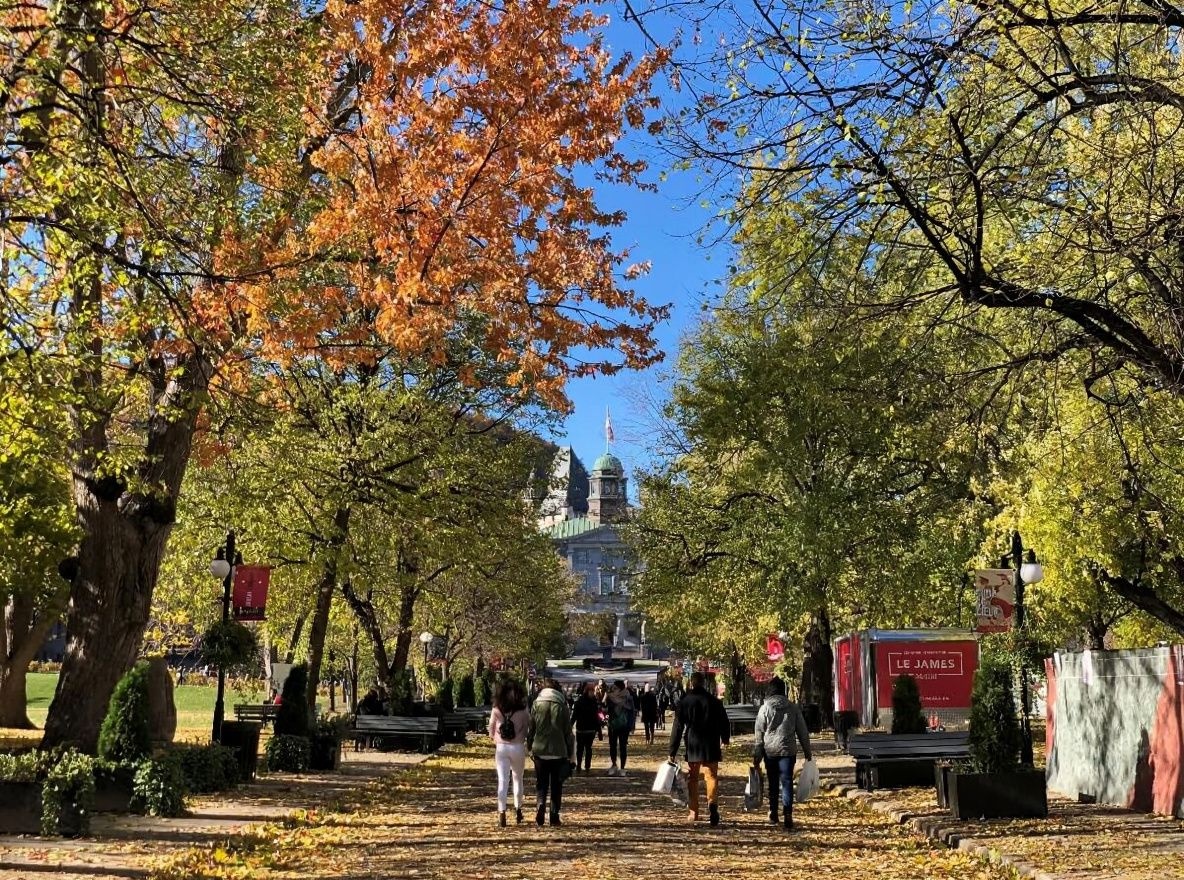
Are you planning to study in Canada? You’ll need a Canadian study permit, which allows students to study, stay and obtain a Social Insurance Number to work in Canada, as long as your status as a student in a designated learning institution (DLI) is valid. There are a couple of things to know before applying for a study permit in Canada.
The Canadian government notes that you must apply for a Canadian study permit before coming to the country. Some people can apply for a study permit from within Canada, and in some cases, upon arrival at the port of entry.
It’s worth noting that there’s always a possibility that your study permit application will be rejected. Here’s what you should know:
What to know before applying for a study permit in Canada
A common reason why a students’ study permit application may be rejected is due to a lack of financial resources. When applying for a study permit in Canada, you’ll want to ensure that you show proof that you have enough money to support yourself while studying.
Proof of financial support could include:
- Proof of a Canadian bank account in your name, if you’ve transferred money to Canada
- Guaranteed Investment Certificate (GIC) from a participating Canadian financial institution
- Proof of a student or education loan from a bank
- Your bank statements for the past four months
- A letter from the person or school giving you money
You’ll also want to have proof that you will leave Canada at the end of your stay. This can be done by showing that you have ties — such as a job, home, financial assets or family — that will take you back to your home country.
Click here for more details on what you should have when arriving in Canada.
 When applying for a study permit in Canada, you’ll want to ensure that you show proof that you have enough money to support yourself while studying.
When applying for a study permit in Canada, you’ll want to ensure that you show proof that you have enough money to support yourself while studying.
My study permit in Canada was rejected — what do I do?
When applying for a study permit in Canada and it gets declined, there’s usually a refusal letter from the immigration officer explaining why. You’ll have to make sure you carefully go through all the reasons the officer found doubtful.
Some of the common reasons why a Canadian study permit application is rejected could include:
- Financial stability: You need to show you can support yourself while studying in Canada
- Academic performance: You need to have appropriate academic credits from your educational institution
- Letter of acceptance: You need to submit your letter of acceptance from a DLI and meet your programme requirements
- IELTS or TOEFL: You need to show you have at least the necessary English language proficiency
- Proof that you’ll leave at the end of your stay: As your study permit is temporary, the immigration officer needs to be convinced that you’ll leave once it expires
- Inadequate documents: Make sure to check that you have the necessary documents for your visa
Reapplying the Canadian study permit
If you want to apply for a study permit in Canada, you’ll want to ensure that you have identified and rectified all the reasons behind your rejection.
What’s the deadline to reapply?
From the new guidelines by Student Direct Stream (SDS), the IRCC processes most applications within 20 calendar days if all the requirements are met.
Appealing your refusal
There’s also the option of taking it to federal court to formally appeal the refusal. This can be a costly approach. You can also speak to an immigration lawyer to explore your options.










